Freedom in Education: A Philosophical Critique of Current Educational Policies
Video, 1 hr & 6 mins
This video is a recording of the presentation I gave in Middle Tennessee State University’s Applied Philosophy Lyceum speakers series on November 17, 2023, in Murfreesboro, TN.
The talk is titled, “Freedom in Education: A Philosophical Critique of Current Educational Policies,” and the abstract for the presentation reads as follows:
Parents and guardians are naturally concerned about what their children are taught in schools. Some lament what they feel is a lack of control over curricula and what are thought to be forces or agendas that they believe are not in kids’ best interests. The arguments advanced in recent conflicts take two main forms. The first, advanced in similar fashion on opposing sides of issues concerning gender and early education, takes the form of arguments to “protect” children. The second, typically arising in discourse about desire for exclusion or selection of curricular messages or content, typically focuses on parents’ rights, in particular, to freedom of choice, whether regarding selection of schools, book banning, or inclusion or exclusion of desired or undesirable subject matters from curricula. In this talk, Dr. Weber will defend the importance of students’ and teachers’ freedom and challenge the overreach of dominant parental views that seek to silence the lived experiences and concerns of marginalized groups.
NOTE: At one point, I accidentally said “Transylvania State University,” which was intended to refer to Transylvania University, which is a private institution. This was an accidental case of misspeaking. The point was to contrast with state institutions, which was on my mind, and probably led me to use that word, “state,” resulting in the opposite of my intended meaning… My mistake!
Philosophical Research Methods: This talk was delivered in fall 2023, when I was teaching a course on Philosophical Research Methods in the University of Kentucky’s College of Education. I mention this because in this talk, I describe my methodology explicitly for the project beginning at minute 14 until minute 19. For those interested in that portion of the talk, you can jump to those minutes.
Thanks again! I am most grateful to Dr. Phil Oliver for organizing a wonderfully welcoming event, which featured a great turn out on a rainy Friday evening. I’m also grateful to the members of the MTSU department of Philosophy and Religion, as well as to Heather Gibbs, who kindly coordinated the details of my visit.


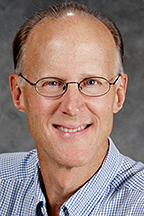
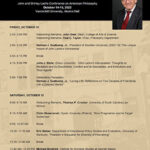

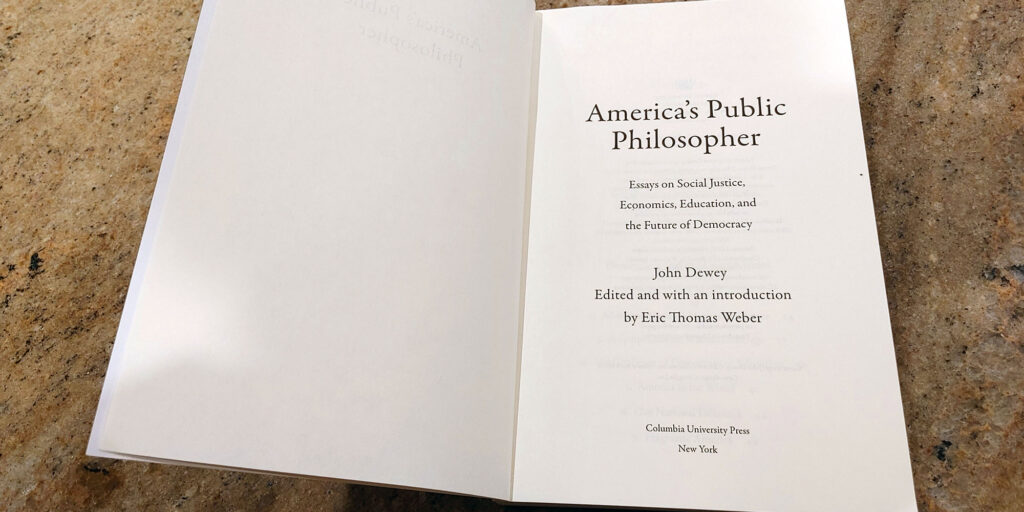

 John Dewey is on the short list of America’s greatest philosophers. He has changed how many people think about democracy, politics, education, economics, and science.
John Dewey is on the short list of America’s greatest philosophers. He has changed how many people think about democracy, politics, education, economics, and science. 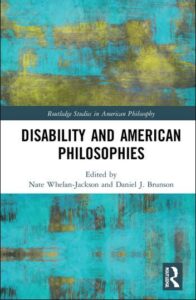
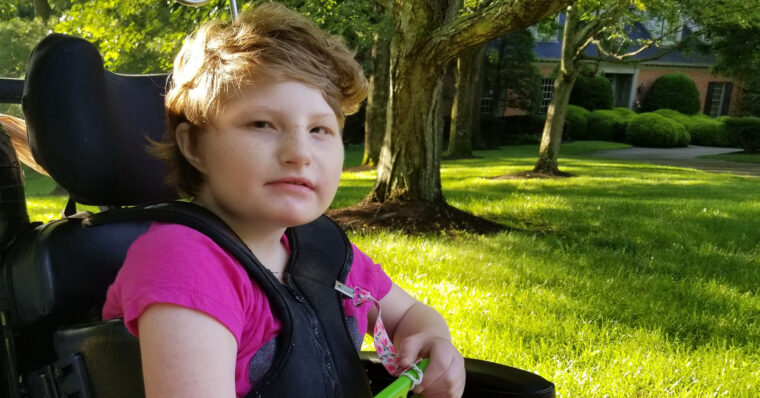

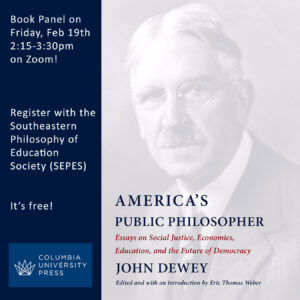
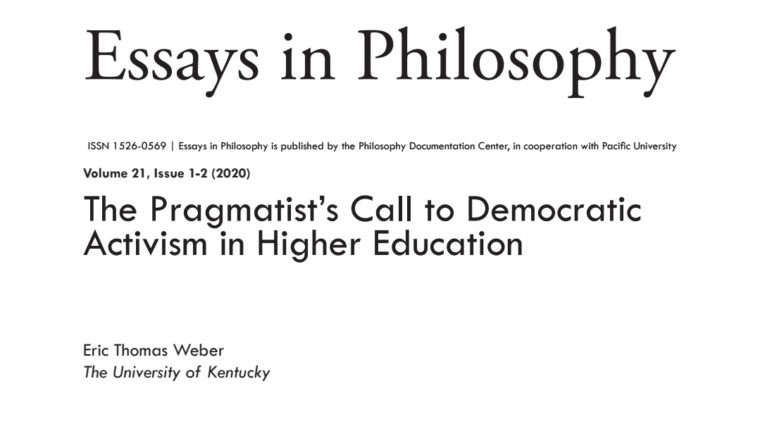

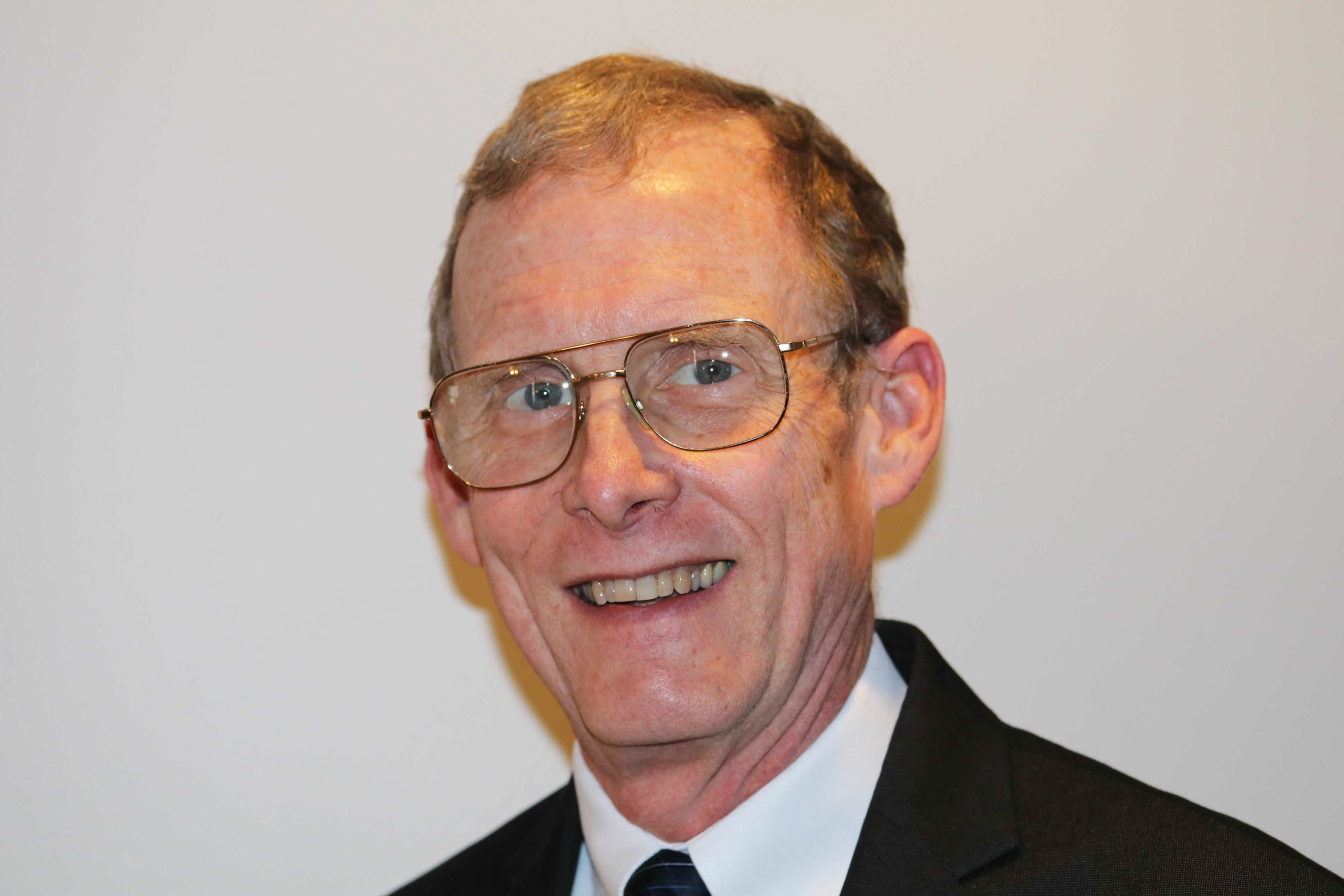
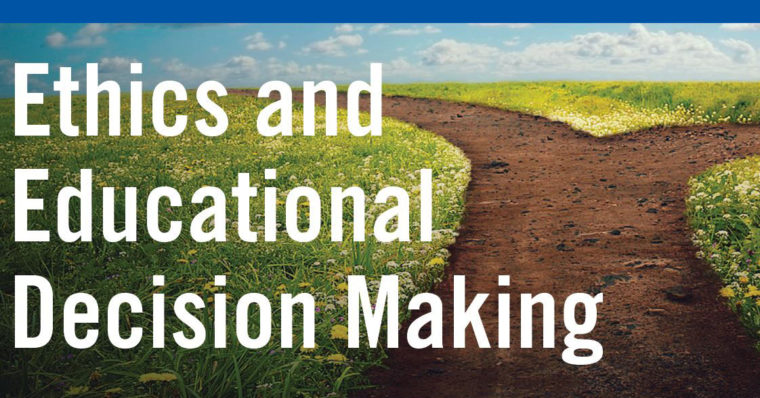


 About Me
About Me